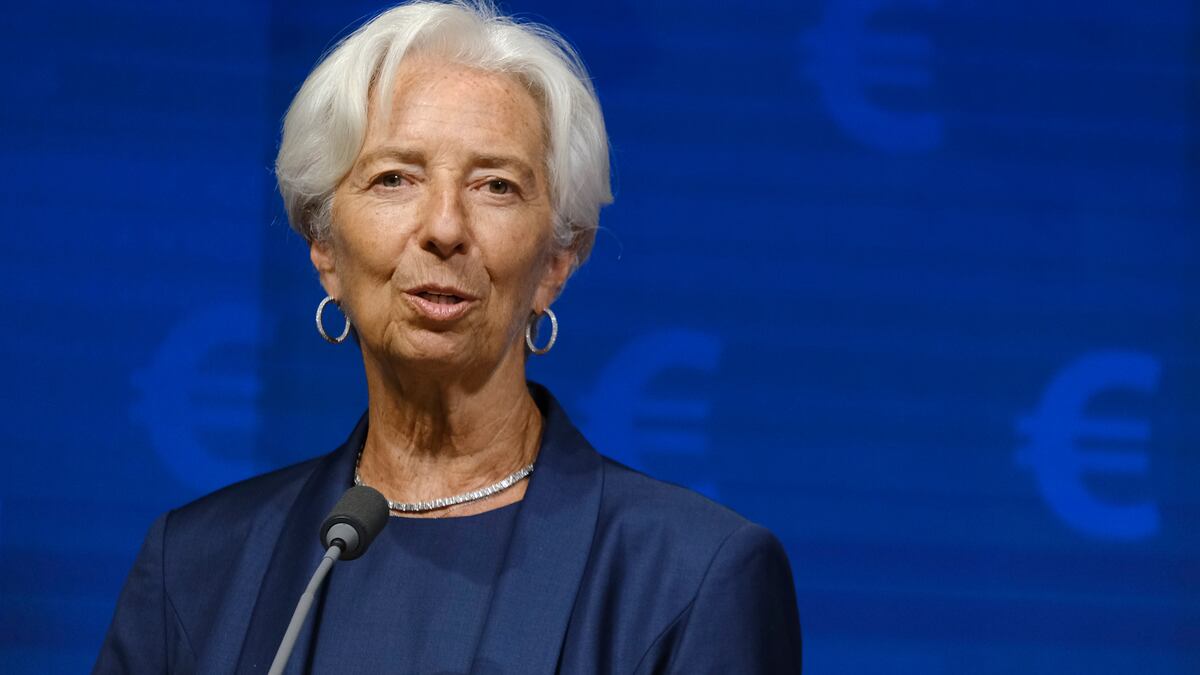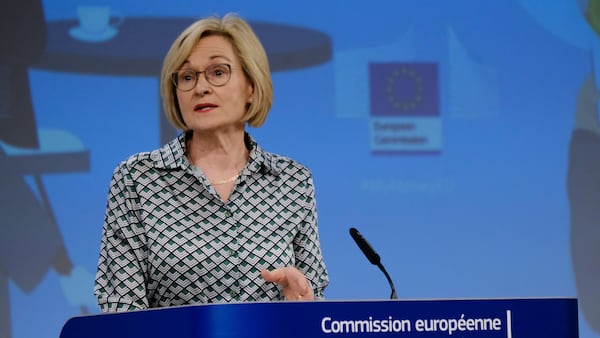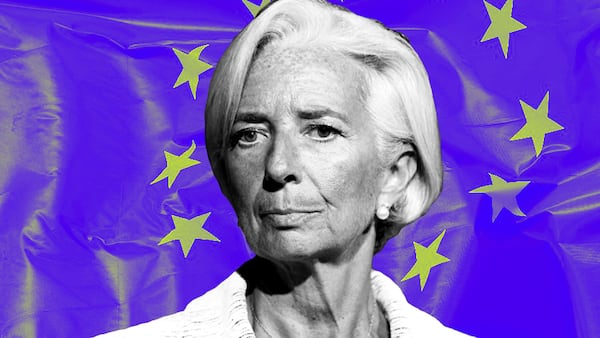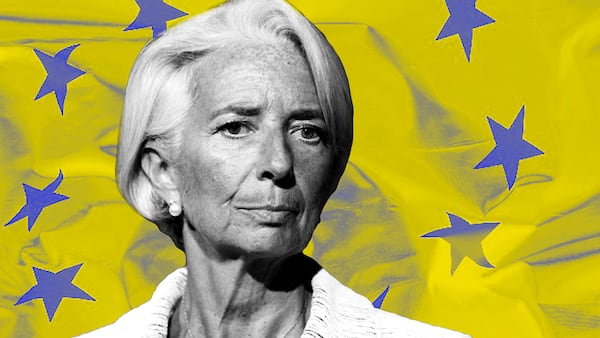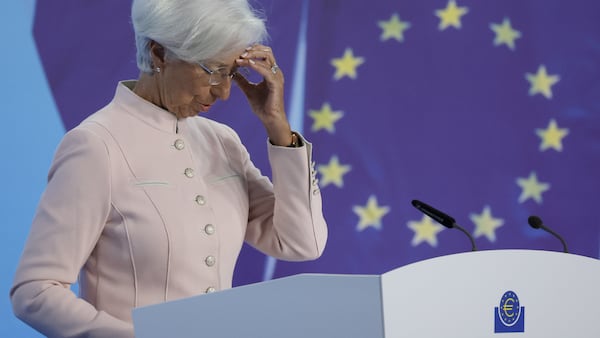- The ECB plans to award nine-digit contracts for five initiatives in digital euro project.
- Amazon was selected in the past to help design the CBDC prototype.
- Lawmakers are concerned about privacy and the usefulness of the digital euro.
In a move that wasn’t expected so soon in 2024, the European Central Bank said Wednesday it is ready to pay €1.2 billion to partners in the private sector to help develop a digital version of the euro.
Institutions that make the cut will be tasked with more than just building an app for the digital euro. They will also be expected to produce offline payment solutions and manage fraud, the ECB said.
Big contracts
The central bank said it would seek partners for five separate initiatives.
Developing offline payments tops the budget with €662 million, followed by risk and fraud management with a €237 million framework.
“Building out a wallet needs different expertise than for building out an offline back-end solution,” said Jonas Gross, chairman of the Digital Euro Association and COO of the crypto payments firm Etonec.
The ECB’s move appears to be a major step forward in an effort that would emulate physical cash in the world’s top trading bloc, with a $19 trillion economy.
While many are unsold on the digital euro’s legitimacy, supporters hope the project will give Europeans a home-grown payment system and strengthen the eurozone’s financial infrastructure.
To be sure, the ECB said in the announcement it is “not making a commitment to launch any of the development work listed.”
A surprise
Still, given that in October ECB President Christine Lagarde said the development of a central bank digital currency, or CBDC, would take two years, the statement Wednesday was a surprise.
As for what type of company might be in the running for the contracts, Gross expects that established CBDC tech providers with offline capabilities would jump at the opportunity.
Global financial consultancies, Big Tech firms, and smaller specialised software firms may also apply.
“I could also envision that for such an important project also larger software companies that people do not have on the radar yet for CBDC are ready to apply,” Gross told DL News.
In September 2022, the ECB selected five partners to develop the central bank digital currency prototype.
That selection showed that the ECB leaned towards “established players with a long track record,” Gross said.
Amazon controversy
Among them was Amazon, which was responsible for developing e-commerce payments.
Members of the European Parliament criticised Amazon’s “questionable” reputation because the US tech giant evaded Europe’s data protection regulations and paid a $887 million fine in 2021.
Other selected partners were the Spanish lender CaixaBank, and French international payment service, Worldline.
The prototyping phase has been completed and there is no guarantee that the same companies will be involved in the future.
Privacy a top concern
The digital euro has been fraught with controversy and conspiracy theories since the ECB launched its investigation in 2021.
Lagarde signalled the end of its investigation phase into CBDCs with a decision to move forward into the preparation stage in October, while lawmakers and investors have remained wary of the project.
Privacy is at the top of the list of concerns. Many consumers want to avoid a Big Brother scenario where the central bank would be able to digitally track their spending with CBDCs.
To assuage concern, the ECB said it would not have access to personal data. That would remain with commercial banks, which would need to host the digital euro.
Policymakers are also confused about why a digital euro would be useful competing against other digital payments.
Yet ECB leaders and EU officials say a digital euro may bolster the financial sovereignty of the eurozone, which includes Germany, France, Italy, Spain and 15 other nations.
American payment giants like Visa and Mastercard dominate the market. The idea is a digital euro may return the reins to European players.
Legislative groundwork
Meanwhile, policymakers are working on laying the legal groundwork for the CBDC.
In the European Parliament, the digital euro legislation is led by centre-right lawmaker, Stefan Berger, who was appointed to lead the parliament’s negotiations on the digital euro.
Berger, a German MEP, was also the lead negotiator on Europe’s landmark Markets in Crypto-Assets regulation, or MiCA, which will start going live in parts starting mid-2024.
The ECB assured policymakers that no final decision on whether to launch a digital euro will be made until the legislation is complete.
Correction: This article was updated on January 5 to correct the total figure the ECB said it would spend on the digital euro project. It is €1.2 billion, not €1.3 billion.
Inbar Preiss is DL News’ Brussels-based regulation correspondent. Contact her at inbar@dlnews.com.


